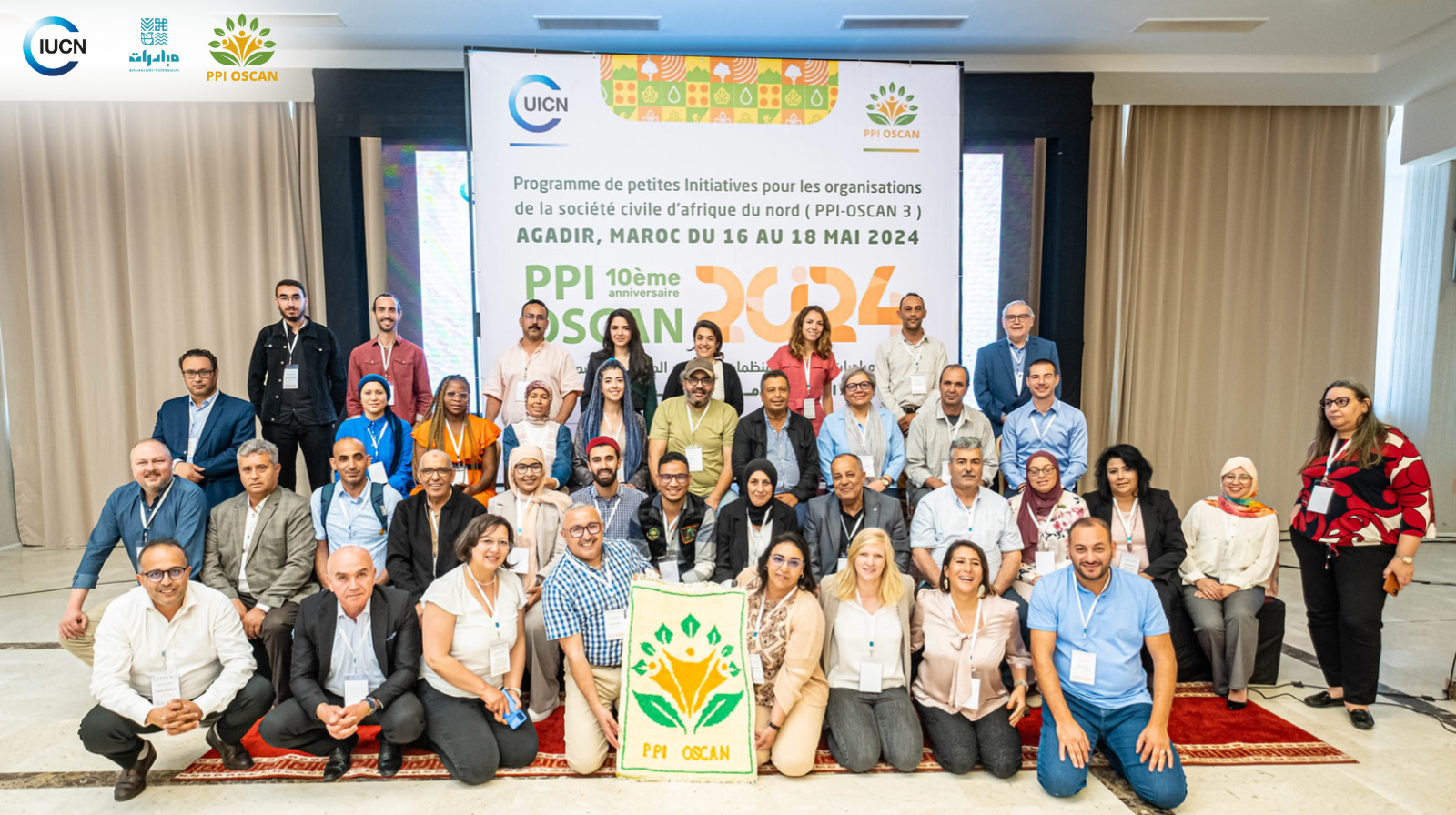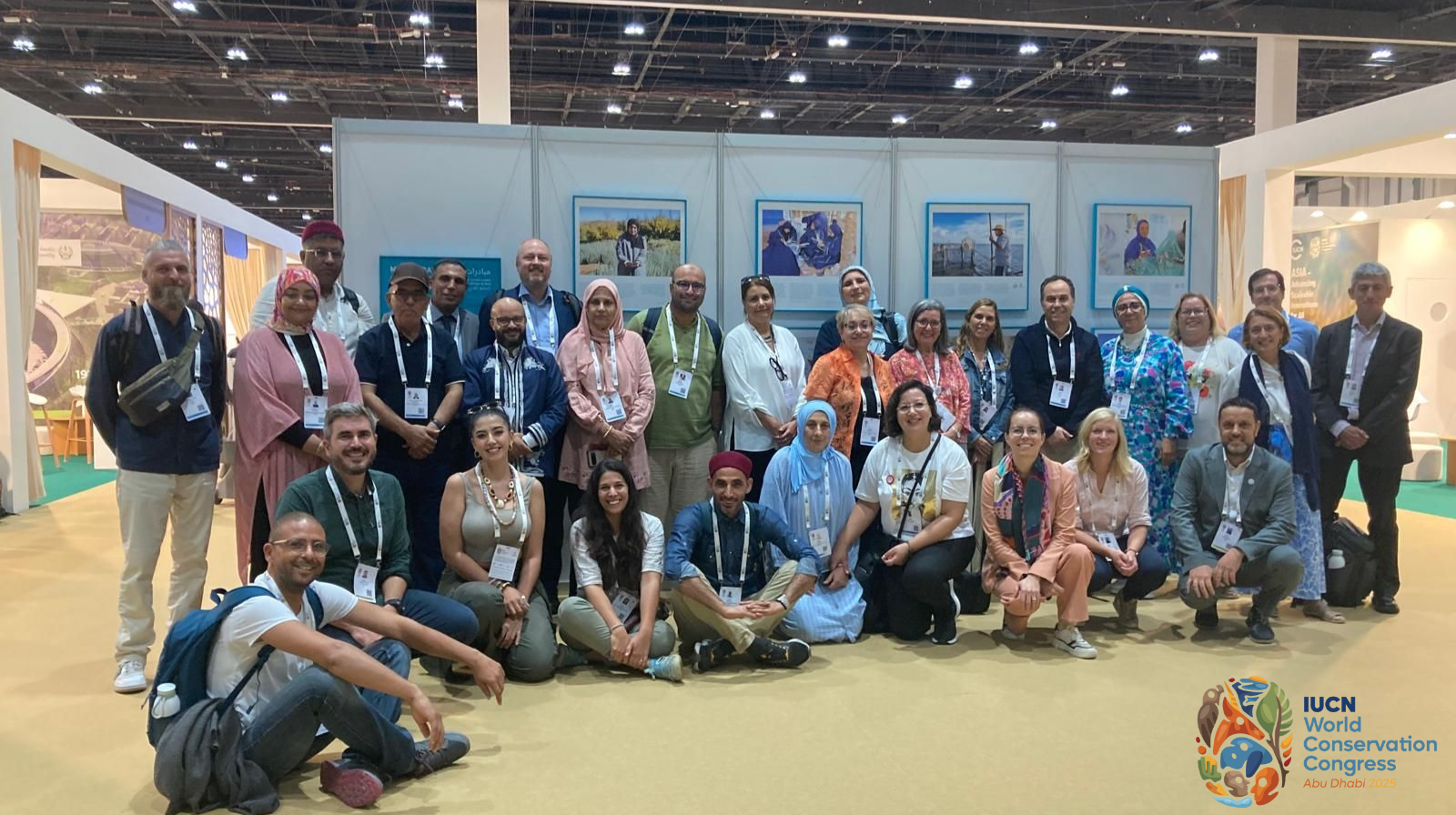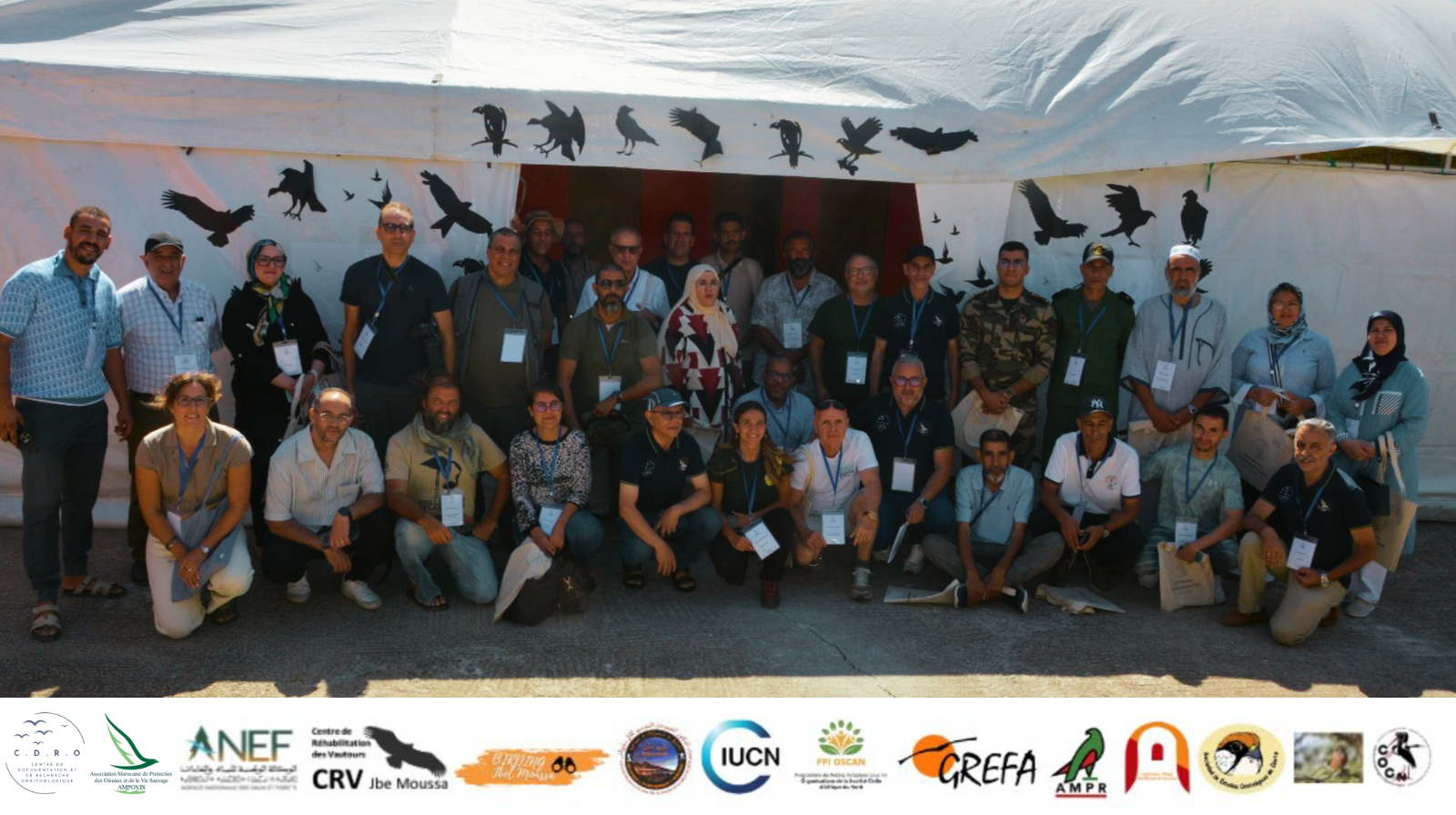Thanks to its project, AMPR initiated a transformation in the methods of raptor protection in Morocco. For the first time, an association placed GPS-GSM tags on more than 50 raptors.
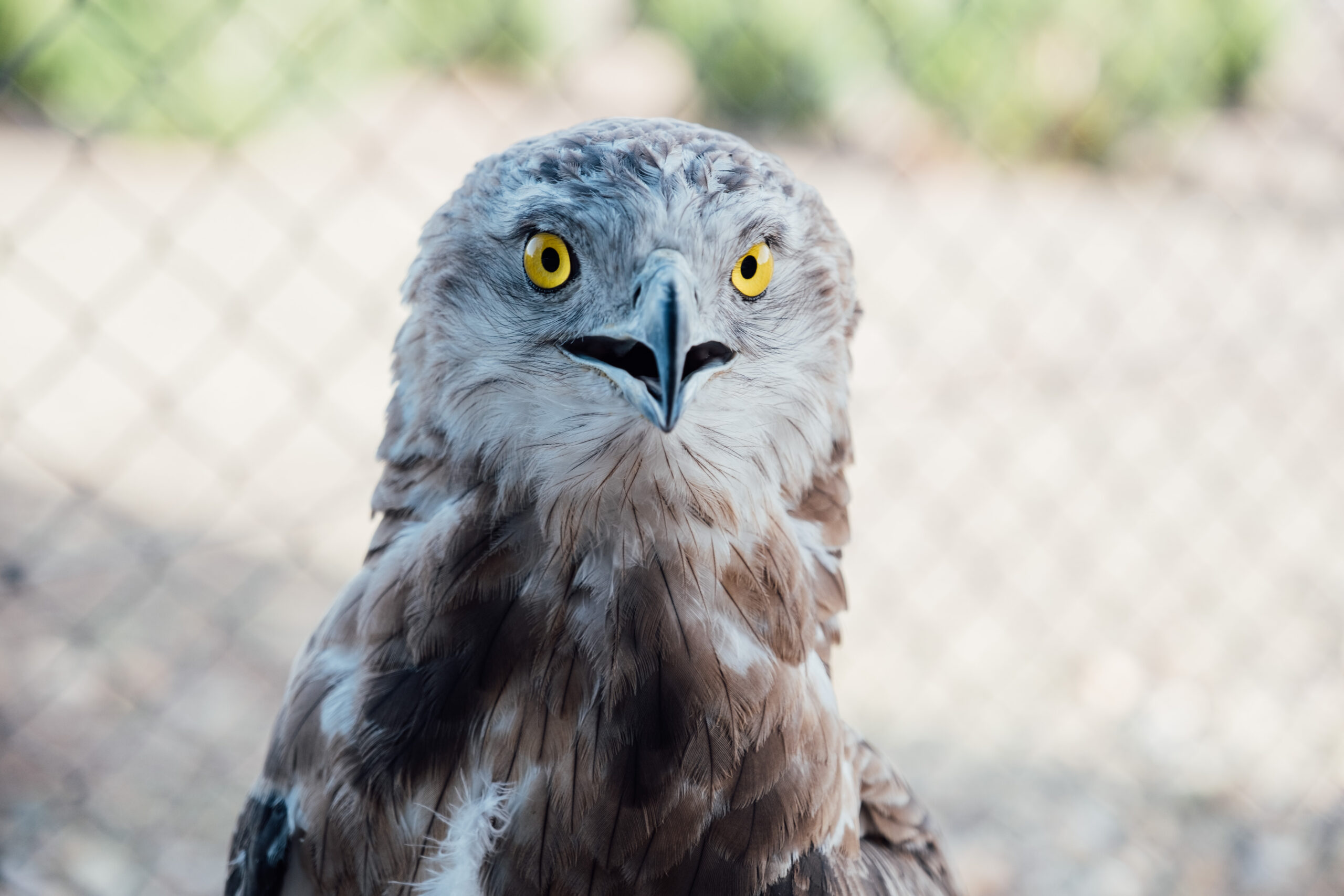
When the Moroccan Association for the Protection of Raptors (AMPR) was established a few years ago, it faced significant challenges. Raptors in Morocco, including the Bonelli’s Eagle — an emblematic species, though classified as of least concern on the IUCN Red List — were severely threatened. Electrocution, poaching, poisoning, and illegal capture posed constant dangers, while knowledge of their population dynamics and movements remained limited. The lack of human, financial, and technical resources severely hindered conservation efforts.
With the introduction of the PPI OSCAN 2 and 3 programs, AMPR underwent a profound transformation, enabling it to address these challenges with greater resources and a more strategic approach.
Achievements Through Six Years of PPI OSCAN Support
Thanks to its project, AMPR initiated a transformation in the methods used to protect raptors in Morocco. For the first time, an association placed GPS-GSM tags on more than 50 raptors, enabling the study of their movements, a better understanding of the threats they face, and the collection of valuable data to establish targeted protection measures. This new knowledge has been essential in adapting conservation strategies to real-world conditions, particularly in monitoring threats and managing habitats.
In parallel, the association formalized strategic partnerships with organizations that share similar objectives. An important collaboration was developed with the Moroccan NGO AMPOVIS, creating an effective synergy for the preservation of threatened species.
One of the most remarkable achievements has been the creation of the Raptors Recovery and Rehabilitation Center in Bir Lahmer, in partnership with the National Agency of Water and Forests. This national center, located near Rabat, has played a crucial role in raising awareness of raptor conservation, attracting an increasing number of visitors and providing essential infrastructure for the care of injured or weakened raptors.
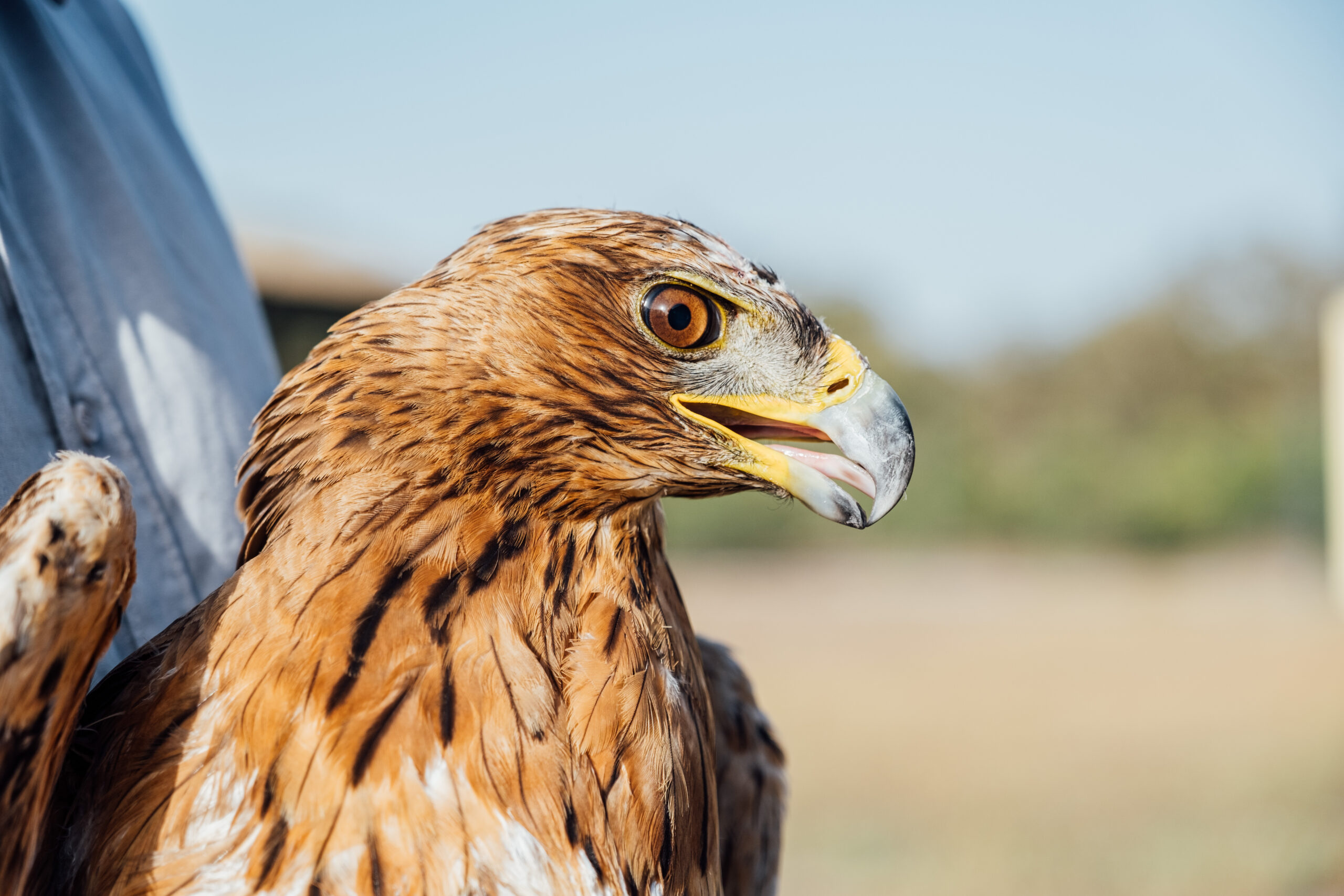
Towards Sustainable Horizons
AMPR’s journey with the support of PPI OSCAN does not end here. The association plans to strengthen its partnerships and introduce new initiatives for raptor conservation in Morocco. Among the future goals is the development of captive breeding programs for certain target species, in line with the National Action Plan for Raptors Conservation. These initiatives will not only help safeguard the most threatened species but also further raise public awareness about their preservation.
AMPR continues to work on preserving the gains achieved, expanding its scope, and ensuring the sustainability of its initiatives. Effective raptor conservation requires collective mobilization, and the association is determined to strengthen its collaborations, optimize synergies, and inspire other organizations to follow the same path.
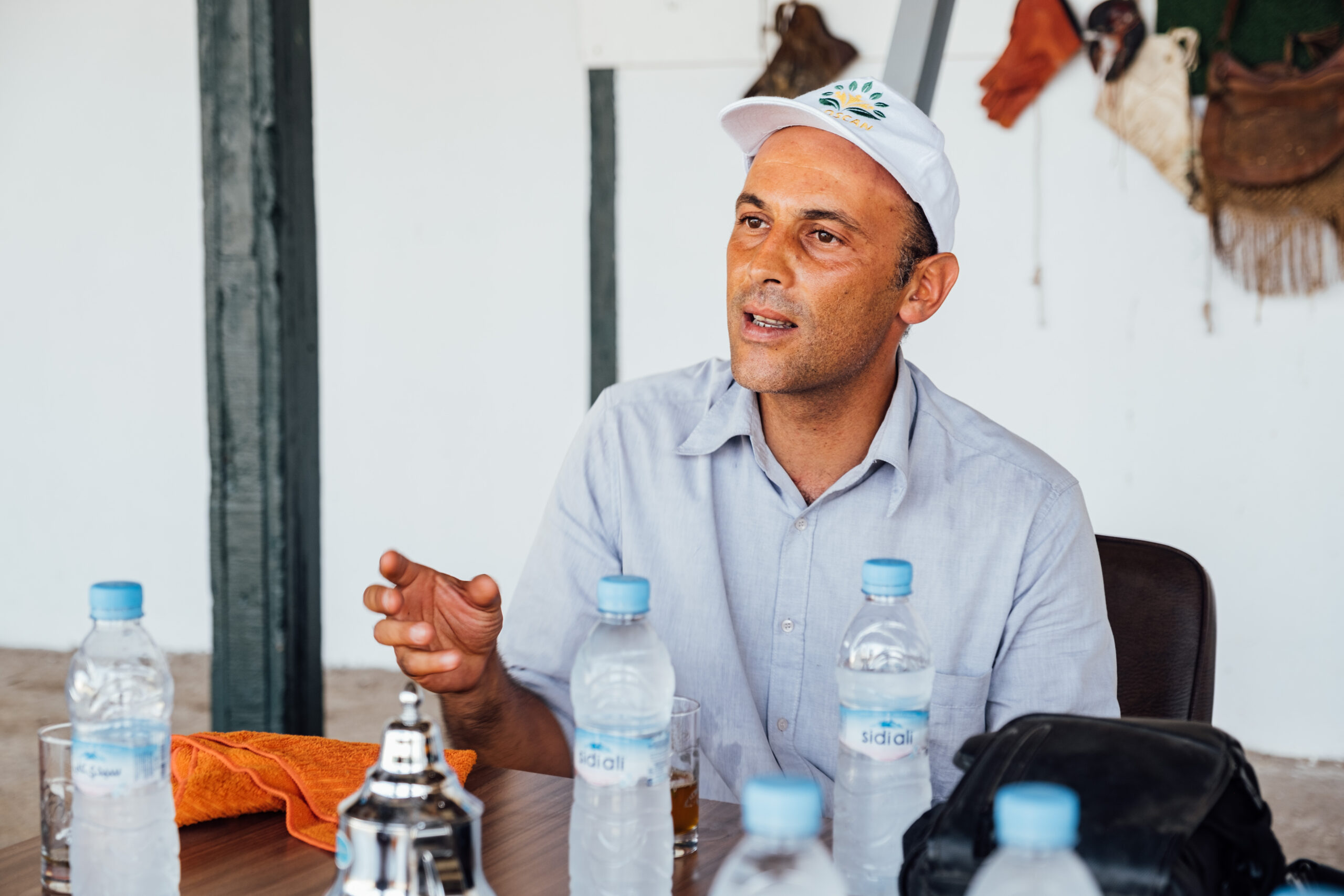
For the president of the association, Mr. Rousselon Karim, the progress made is significant: “As the president of the association, I can confirm that the PPI OSCAN program has had a significant impact on our organization. It has strengthened the skills of our members, opened new horizons, contributed to the conservation of threatened raptors, and supported the sustainable development of our community in the region.”
AMPR’s commitment to raptor conservation in Morocco continues to grow. With a clear vision and strong partnerships, the association continues to pave the way for sustainable preservation of these emblematic species, reaffirming that every flight counts for biodiversity.
To learn more about the AMPR association and its latest updates, feel free to visit and follow their social media:
- Facebook: AMPR Centre Soins Rapaces
- Instagram: @ampr_association
You can also discover the innovative project of the AMPR association by clicking here:
More details about the PPI OSCAN 3 project – AMPR
This project is implemented under the third phase of the Small Initiatives Program for Civil Society Organizations in North Africa (PPI OSCAN), funded by the French Global Environment Facility (FFEM), the MAVA Foundation, and the Sigrid Rausing Trust. The subsidized projects aim at the conservation of species and ecosystems with remarkable biodiversity and at enhancing the benefits of conservation and sustainable livelihoods. To learn more about the PPI OSCAN 3 projects: 5. Projects – MUBADARAT (mubadarat-uicn.org)


